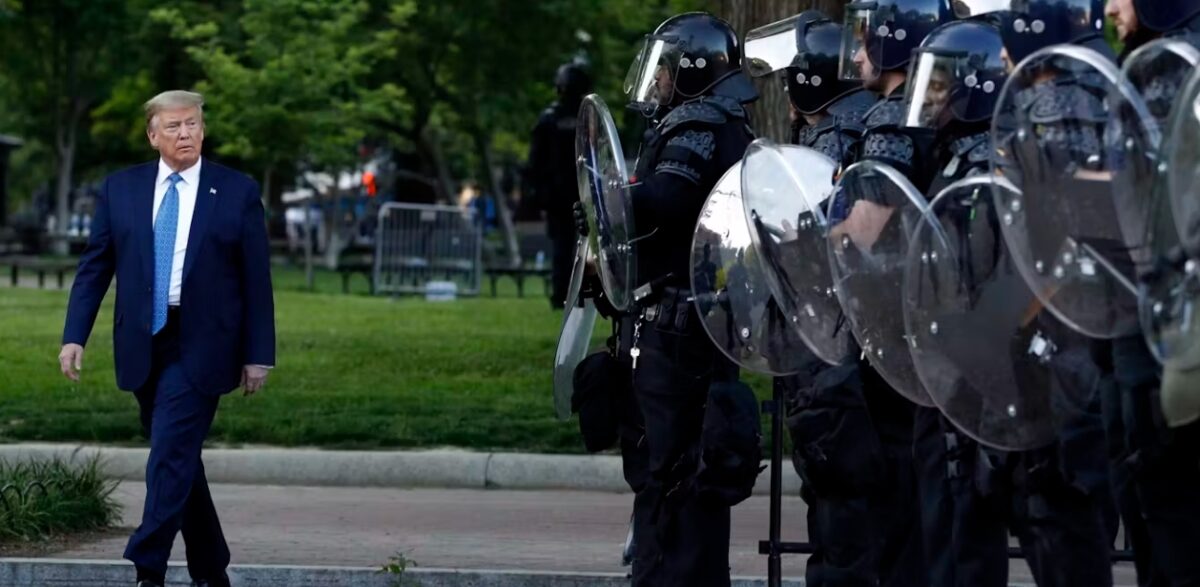President Donald Trump’s recent statements about the possible invocation of the Insurrection Act thrust a centuries-old statute back into the glare of modern politics, raising sharp questions about the scope of executive power, the role of the judiciary, and the fragile dance between federal authority and local control.
Speaking from the Oval Office after a federal judge blocked his plan to deploy National Guard troops to Portland, Oregon, Trump said he would consider using the Insurrection Act if courts or local officials obstructed efforts to protect federal buildings and carry out law-enforcement operations.
The moment is consequential for two reasons. First, it highlights the president’s willingness to rely on extraordinary wartime-era authorities to solve what he frames as a law-and-order crisis on American streets.
The Insurrection Act of 1807 permits a president to federalize troops or deploy the armed forces domestically when state authorities cannot — or will not — suppress insurrection, domestic violence, or lawless obstruction of federal functions.
Second, Trump’s threat to use the statute underscores a broader legal and political standoff: when federal courts issue injunctions, do they check executive action, or do they stand in the way of necessary force, as the president and his allies now contend?
Trump framed Portland as symptomatic of broader breakdowns—labeling it a “burning hell hole” and accusing judges of losing their way when they constrain federal tactics.
White House deputy chief of staff Stephen Miller amplified that rhetoric, calling certain court decisions part of a “legal insurrection” that undermines the Constitution and the president’s duties. Together, those remarks paint a White House posture that views judicial pushback not merely as legal restraint but as an existential impediment to preserving public order.
Yet the Insurrection Act is politically volatile. Its invocation would invite intense legal scrutiny, likely spur fresh court battles, inflame partisan divides, and raise questions about the military’s proper role inside U.S. borders.
Historically, presidents have treated the statute as a last resort; deploying it risks normalizing military responses to civil unrest and testing the country’s longstanding norms separating civilian law enforcement and armed forces.


